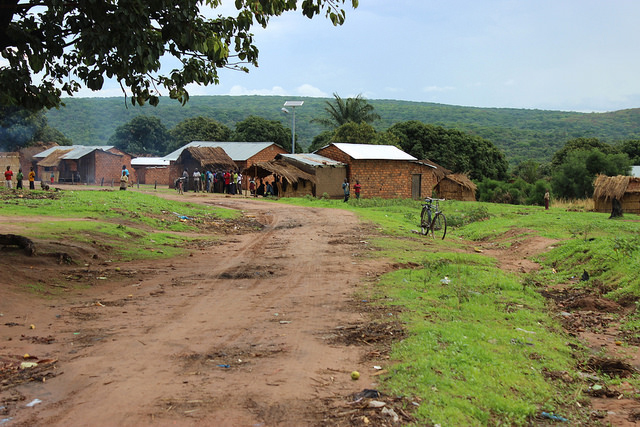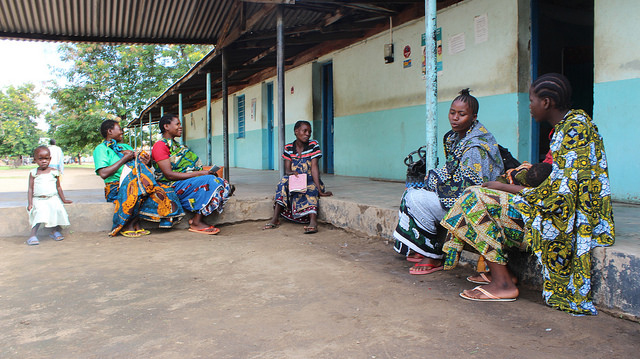News reports from southwestern Tanzania in late November expressed hope that health authorities were slowing the spread of cholera, but the news last week indicated that the situation is getting worse. The epidemic is occurring in the traditional territory of the Fipa society, which occupies much of the land between the southeastern shore of Lake Tanganyika and the western shore of the smaller Lake Rukwa. The cholera epidemic had been particularly severe along the shore of the giant lake but it appeared, in November, to be diminishing.

A news story on January 7th reported that the disease had spread to the shores of Lake Rukwa starting in November, and it is becoming an epidemic. Since the 20th of that month, seven people have died from cholera on the Lake Rukwa side of the district and 138 have been diagnosed with it. Sumbawanga is one of the four districts in Tanzania’s Rukwa Region. Dr. Halfany Haule, the Sumbawanga District Commissioner, closed down all fishing activities along Lake Rukwa until the epidemic has been brought under control.
The District Commissioner also banned fishing on the Lake Tanganyika side of the district until the disease has stopped spreading. He also ordered that patients with the disease be transferred to special camps “where they will be treated to ensure that it never spreads outside these areas,” he said.

The wards in the Sumbawanga District that seemed to be the most affected included Mfinga, Kalumbaleza, Muze, Mwadui and Mtowisa along the shores of Lake Rukwa. The epidemic started in that area on November 15 when two fishermen in Muze got infected and died. Dr. Haule instructed people living near the lake shore to take proper precautions, such as only using properly built pit toilets, never using the lake itself as a toilet, and boiling all water before drinking it.
An article published by a different news source on January 9th reported that cholera has spread beyond the borders of Tanzania into other southern African countries. Zambia has had an estimated 65 deaths due to the disease since October 2017; the Zambian army has been mobilized to provide support to the health ministry for efforts to control the spread of the epidemic. That country has delayed schools, closed some businesses where sanitary facilities are inadequate, and postponed political activities until the crisis has passed.

The disease appears to be spreading across Malawi as well. Reports from that nation indicated that 150 people have been hospitalized due to the disease and four have died. Malawi is imposing strict border controls to try and stem the spread of the illness from the neighboring countries. It is clear from the news stories that officials in the affected nations are taking the epidemic seriously. Whether the Fipa and the other peoples of the region will also heed the warnings and use proper health measures remains to be seen.